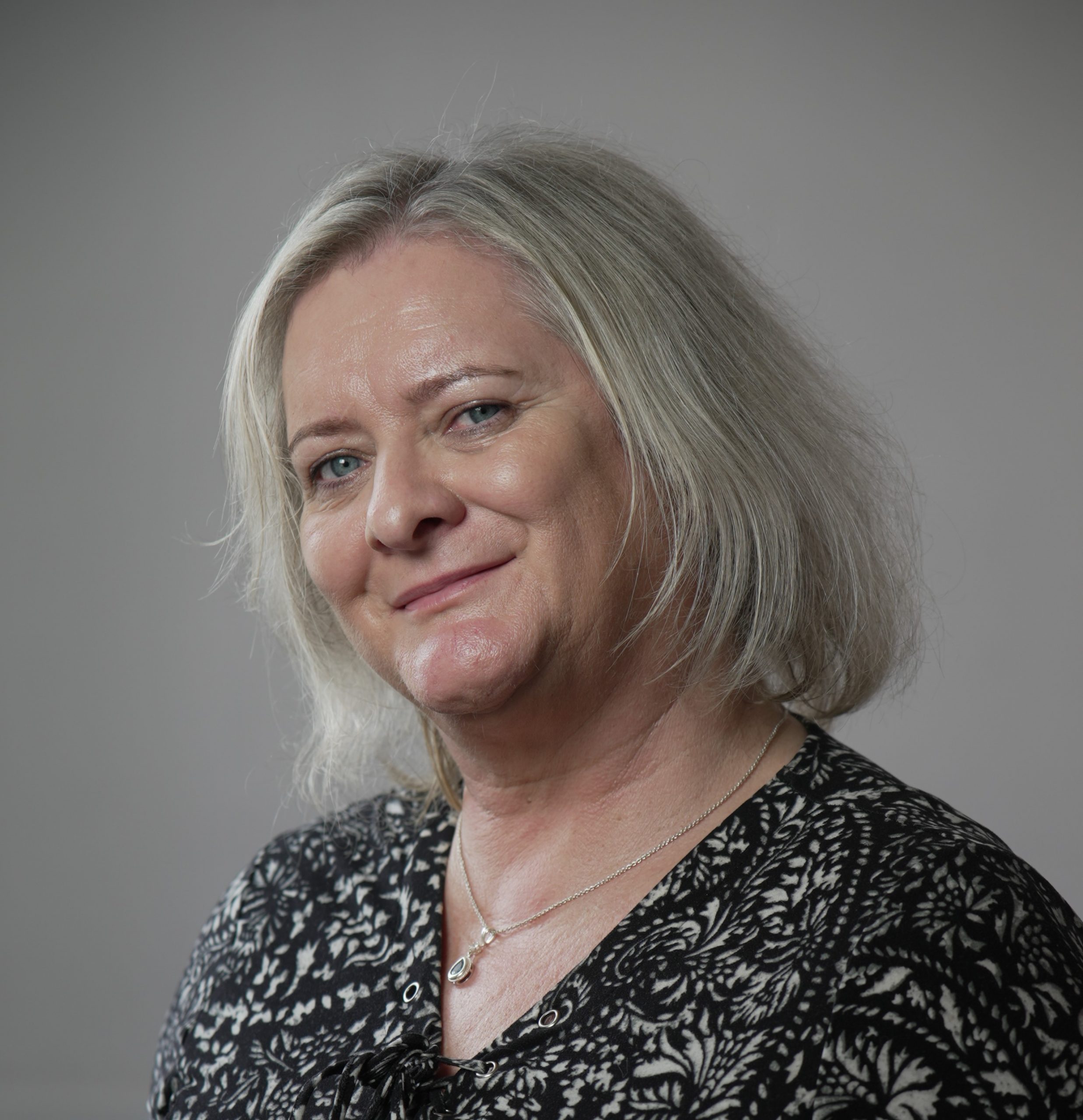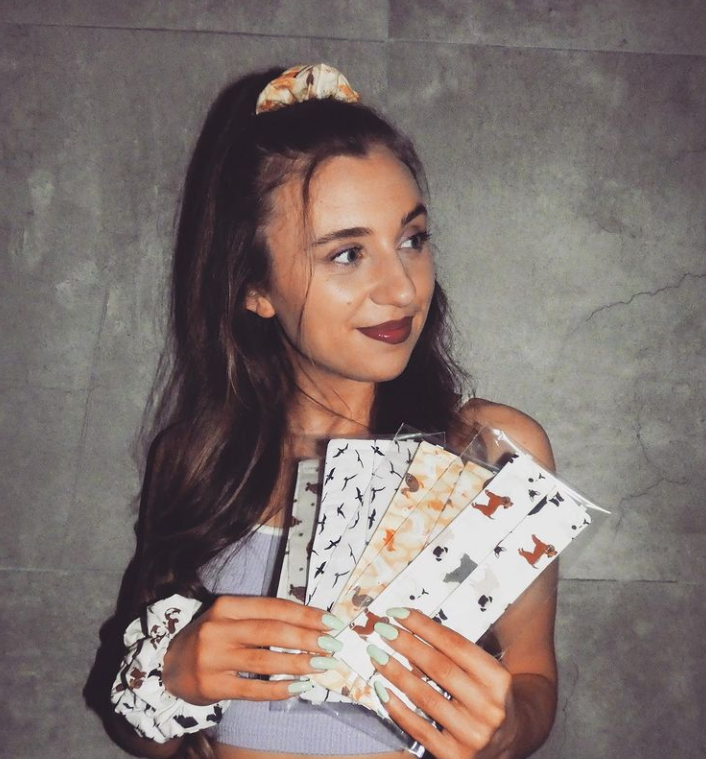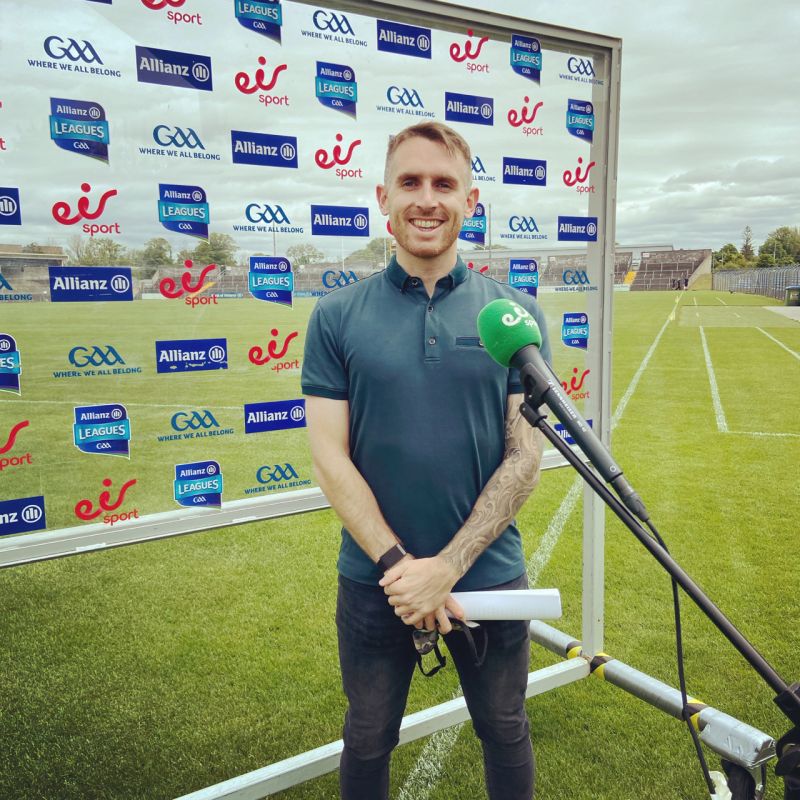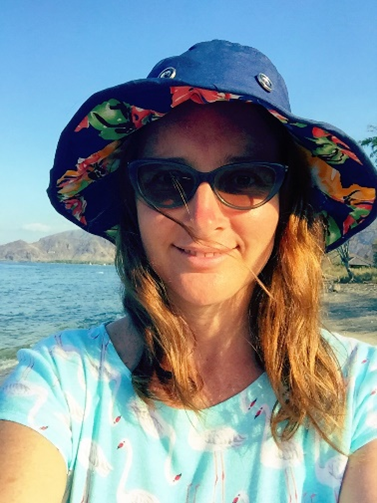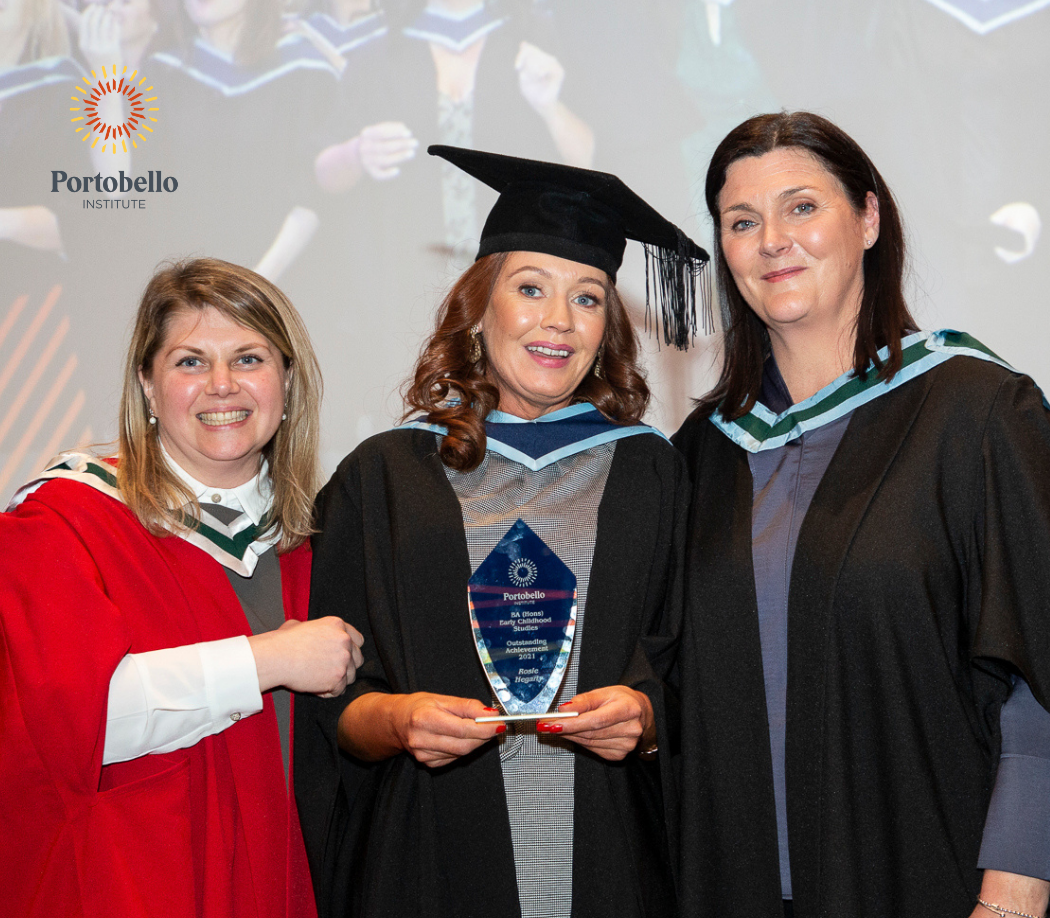Maeve Nolan
Early Years
Position: Personal Development Advisor & Senior Early Years Lecturer
About Maeve Nolan
Moving to Germany after I completed my degree at The University of Limerick was exciting, but certainly very challenging as I was working in a truly multicultural/ educational environment. At this time, I was studying in Berlin for my Masters and also working to support myself and doing both through German. Either activity would have been a fulltime role, but doing both certainly improved my time management and prioritisation skills. I have seen the benefit of these key skills throughout my career. I remained in Germany for 10 years and living in such a dynamic multicultural environment benefitted me in so many ways from education to social understanding and self-awareness. My interest in the area of education drove me to open, develop and run my own child care facility for 10 years before moving in to the current phase of my career supporting the education and development of educators.
Maeve’s Teaching Philosophy
The part of my tutoring role that I find most rewarding is watching the students succeed both in the courses which I deliver, and onwards into their careers. I often receive a note of acknowledgment from a past student, who has just landed the job they trained for, or opened their own facility. I am always delighted with this kind of feedback, which shows me the value in what I do, and how I have in a small way enabled them to fulfil their ambitions. For me education is so much more than an exchange of knowledge, through involvement and participation, it enables a passion for true learning.
Qualifications
- BA Montessori Education
- MA International Politics (Through German / Diplom Politologin)
- BA European Studies
Research / Industry Participation
- St. Nicholas Montessori College, Dublin
- The Otto Suhr Institute, Free University (FU) Berlin, Germany
- University of Limerick (UL)
Modules Taught by Maeve
- Leading Practice with children, families and professionals – BA (Ord) in Early Childhood Studies
Quality of early year’s settings is characterized by strong leadership. In Early Childhood Education and Care (ECEC) settings children learn, grow and thrive when those settings are characterized by high-quality interactions and relationships. Leadership is one of the single most important drivers of organisational performance, quality improvement and innovation. This suggests that effective leadership is important and necessary in ECEC settings. While the evidence about ECEC leadership is still limited, there is a growing interest in gaining a better understanding about what ECEC leadership looks like across diverse settings and contexts, and how ECEC leadership can positively impact quality.
- Approaches to Pedagogy & Curriculum in the Early Years – BA (Ord) in Early Childhood Studies
This module gives students an insight to Curriculum and Pedagogy within the Early Years Setting. Pedagogy and Curriculum are often spoken of as one, however they are two separate entities, Pedagogy is how we teach whereas curriculum is what we teach. In the early years setting in Ireland, we see the children as ‘active agents’ in their own learning and a child-led approach is taken. Practitioners are becoming highly educated and are more open-minded to different pedagogies than they would have had historically.
Various curriculum models and perspectives in childhood education such as: Aistear, Reggio Emilia, EYFS, Forest Schools, Te Whariki, Steiner and Montessori are introduced. Pioneers/ theorists, such as Froebel, Steiner, Montessori, Margaret Mc Millan, Malaguzzi. Froebel, Piaget, Vygotsky, are considered & how they have influenced these models and perspectives. The objective here is to assist students (practitioners) to draw on their ideas when developing the framework within their settings, and incorporate such into their curriculum both indoors and outdoors.
- Enquiry Based Learning (EBL) – BA (Ord) in Early Childhood Studies
Enquiry based learning is particularly useful within early childhood education as it allows students of early childhood education to find information through inquiring and solving problems through constructive, critical thinking and also through reflection. Inquiry-based learning emphasizes the child’s role in the learning process. Rather than the teacher telling children what they need to know, children are encouraged to explore the material, ask questions, and share ideas. It helps children to develop their questioning, research and communication skills, collaborate outside the classroom, solve problems, create solutions, and tackle real-life questions and issues. As enquiry based learning continues, educators and children will become competent in building their own knowledge and how they understand the world through seeking and gaining information, developing their cognitive skills as the information is gained.

